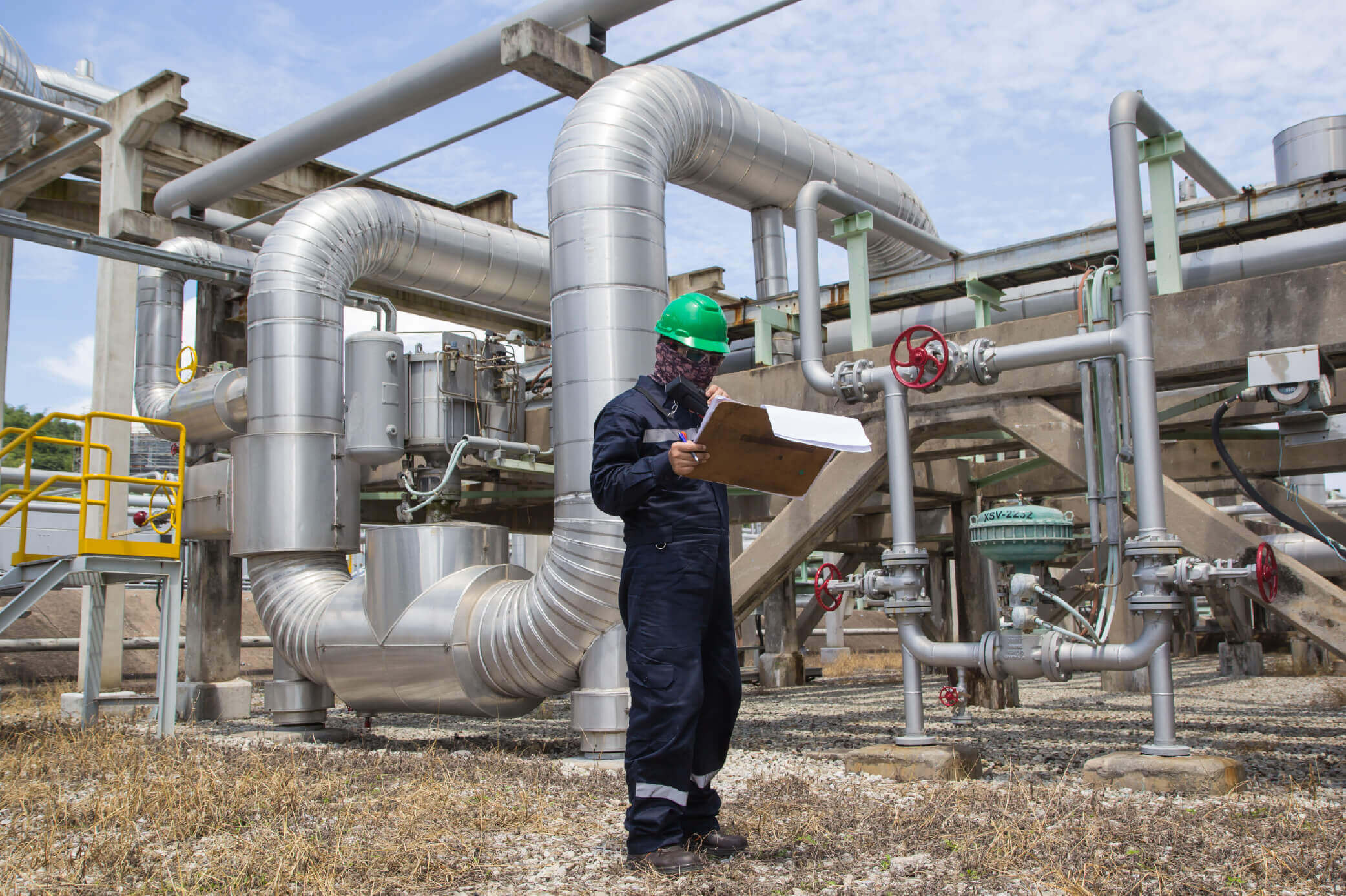OCTG: Shielding Oil and Gas from Corrosion
In the realm of oil and gas extraction, the term OCTG—Oil Country Tubular Goods—resonates deeply. Yet, understanding the impact of corrosion, its challenges, and its remedies within this sphere is paramount. Commencing with the fundamentals of OCTG and delving into the protective attributes of coatings, let’s navigate this vital terrain together.
Decoding OCTG
OCTG, the indispensable tubes and piping components employed across the oil and gas sector, as well as in hydrogen generation, transportation, and storage, form the backbone of these industries. Their usage spans both offshore and onshore applications, where the pipes, particularly those deployed offshore, contend with a harsher, salt-laden environment, heightening their susceptibility to corrosion. These tubes are pivotal to economies, demanding unwavering durability and reliability as their cardinal traits.
Categorizing OCTG
Within the OCTG realm, three primary classifications emerge, each playing a pivotal role in the oil and gas extraction process:
Drill Pipes: Heavy-duty seamless tubes orchestrating the rotation of drill bits and fluid circulation endure formidable torque, internal pressure, and axial tension. Their resilience is critical to drilling operations.
Casing Pipes: These steel pipes, lining the boreholes drilled into the ground for oil extraction, assume a substantial diameter. Cemented in place, they ward off contamination and structural collapse, combating external and internal pressure.
Tubing Pipes: Functioning as conduits for oil or gas transportation, these pipes nestle within the casing, ferrying resources from drilling areas to processing facilities while managing pressure throughout the extraction process.
Necessity of OCTG Coatings
Undoubtedly, coatings for OCTG materials are imperative. Corrosion poses a significant threat to their durability and reliability. External diameters face soil-induced corrosion, moisture, and other environmental elements, while internal diameters grapple with moisture accumulation during storage and the onslaught of fluids during usage. A compromised pipe could disrupt extraction operations, imperil the environment, and even instigate explosive hazards.
Efficacy of OCTG Coatings
These protective coatings play a pivotal role in thwarting corrosion and augmenting durability. Tailored to address the distinct corrosion challenges facing inner and outer diameters, these coatings shield against environmental abuse, fluctuating weather conditions, and handling stresses. This mitigation of risk forestalls catastrophic failures and averts the dire environmental ramifications of oil spillages. However, the conventional solvent base of these coatings is not without its environmental concerns, chiefly the emission of volatile organic compounds (VOCs).


